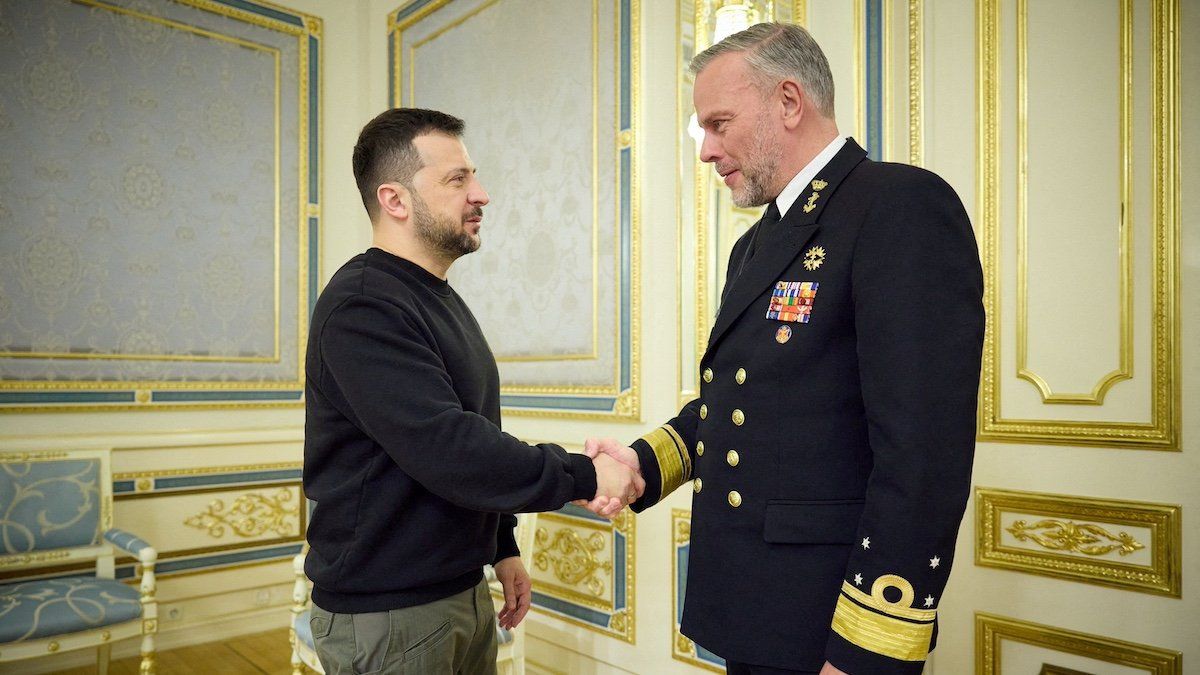Five people were killed Saturday in Russian aerial attacks on the Ukrainian city of Odessa and a farm in the Zaporizhzhia region. On Sunday,Ukrainian President Volodymyr Zelenskyreissued his call for stronger international support against escalating Russian aggression – including long-range missiles.
NATO countries were already debating the use of these weapons in Prague this weekend. Admiral Rob Bauer, the Dutch head of NATO’s military command,declared Saturday that the right to self defense “doesn’t stop at the border of your own nation.” Lt. Gen. Karel Řehka, chief of the general staff of the Czech Armed Forces, alsoaffirmed his country’s support, while Canadian Prime Minister Justin Trudeau said Ukraine has the right to use long-range weapons to prevent Russian attacks that kill civilians and degrade infrastructure.
Washington, however, is concerned about potential escalation. Russian President Vladimir Putinwarned on Thursday that the use of these weapons would “mean that NATO countries – the US, European countries – are at war with Russia.” While the US allows Ukraine to use American-provided weapons in cross-border strikes to counter attacks by Russian forces,it does not permit Kyiv to fire long-range missiles, such as ATACMS, deep into Russian territory. Kyiv would like to begin using such weapons to more effectively target Russian logistics and command-and-control centers, which could make the fight easier for troops in the trenches.
The US is weighing, however, whether to
agree to the UK supplying Kiev with its long-range Shadow Storm missiles to Ukraine, which include American-made components. While US President
Joe Biden signaled
“openness” at his meeting with UK Prime Minister
Keir Starmer last week, a decision is still pending.
